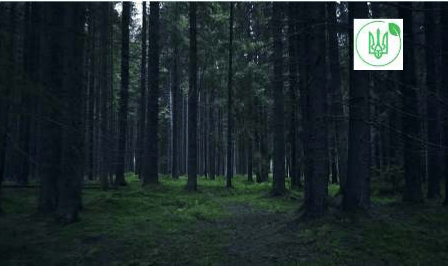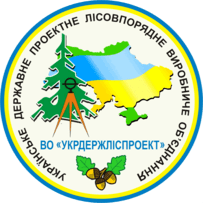A meeting on further SFI project implementation took place 15.04.2022 at the Ministry of Ecology and Natural Resources of Ukraine (MENR). Despite the disastrous war, which also severely affects forestry, all participants in the meeting spoke out in favor of continuing the SFI-project activities – within the framework of what is currently feasible. Ukrainian participants, led by Oleksandr Krasnolutsky, Deputy Minister of MENR, emphasized that SFI project activities should be adapted to the specific needs and the scope of support should be expanded, if possible.
Viktor Melnychenko, Director General of the State Forest Management Planning Agency (SFMPA), informed that Headquarter of the SFMPA in Irpin was largely destroyed. Important equipment for the work of the agency (e.g. cars, computers and special tools) should be replaced as soon as possible. In this context, Sasse suggested a short-term consultation by an international SFI expert on the subject of “Outsourcing of state forest management planning activities” based on German experiences, with the aim of directing the reconstruction of the SFMPA into efficient organizational structures.
According to Melnychenko, the National Forest Inventory of Ukraine should be continued and terrestrial data collection should also be implemented in 2022. However, the provision of funds from Ukraine’s State Budget is questionable in view of the war-related needs in other – strategically very important – areas. If no other sources of financing (e.g. international donors) can be acquired, work on NFI will have to be reduced again in 2022, as in 2021, and the planned total duration of NFI needs to be extended accordingly from 5 to probably 8-9 years.
Against this background, the German SFI project implementing agency Unique land use GmbH developed a proposal to combine the traditional procedure of NFI with technically highly developed tools and measures of remote sensing, especially regarding the heavily affected regions. In this way rapid disturbances in active war regions could be monitored. SFI project assumes that for such activities mainly Ukrainian experts (e.g. of SFMPA) could provide essential input on satellite data analyses. In this context, Sasse drew attention to the political advantage of such an approach, which would allow presenting data on Ukrainian forest resources in total, including territories temporary occupied by Russia.
Further, Ukrainian participants confirmed that the war in Ukraine leads to significant negative impacts on forestry, particularly by land mines, leading to reduction of timber production, local over cuttings, losses in timber trade etc. Considering this, SFI project has proposed an analysis to examine present and long-term impacts of the current war operations on forestry and forest resources and to derive possible strategic guidelines. Igor Budzinsky from State Forest Resources Agency of Ukraine (SFRA) agreed, that efforts of international donors in this area should be coordinated through SFRA.


